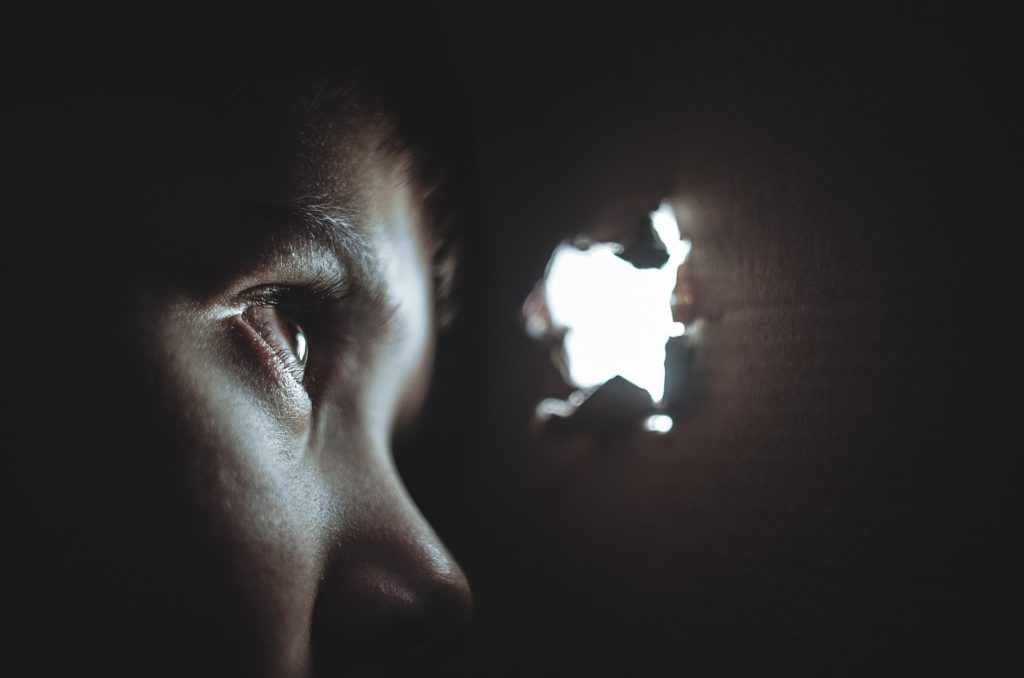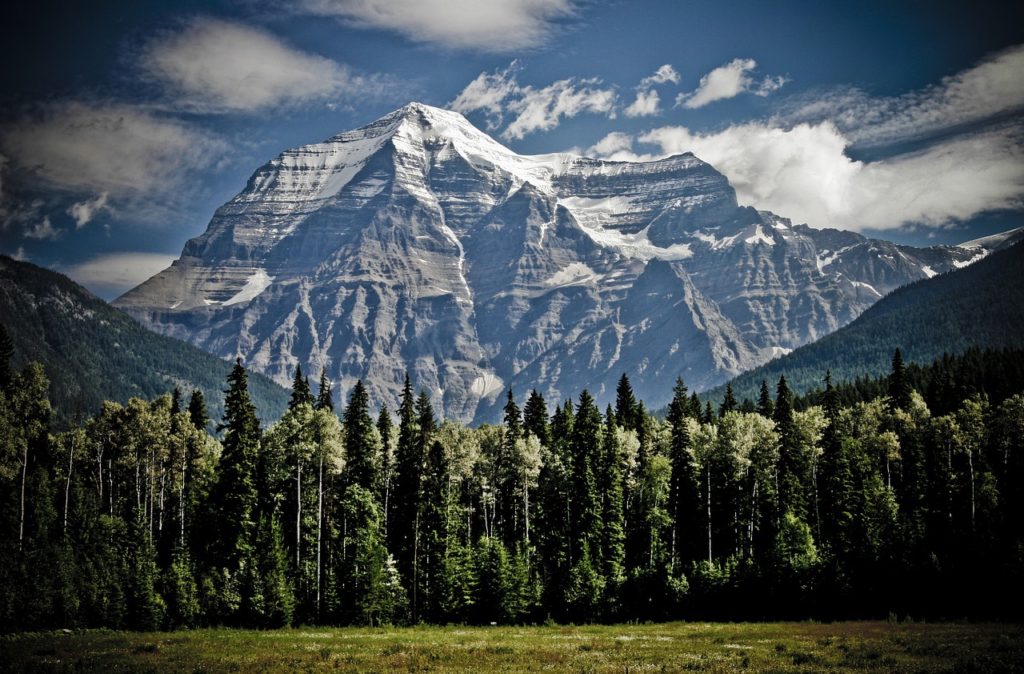This question is silly – ironically enough, you maybe found this post googling that very same thing… Do you need a degree to be a writer?
As I’ve often mentioned, the answer to any headline ending with a question mark is “no”. This is the case here, too. No, you don’t need a degree to be a writer (as I said, the question is so silly that I feel stupid just answering it).
However (here it comes)…
This isn’t the entire story, either. No, you don’t “need” a degree to be a writer, in the sense there have been many writers who didn’t have a college degree and produced some stunning works of art.
Yet, I’d be a liar not to admit my PhD has made me a better writer – though probably not quite for the reasons you might suspect.
In today’s post I’ll take a closer look at what getting a college degree (say, in creative writing or English literature) does for you as a fiction author. Is it better? Could it be worse?
Ultimately, the proper question isn’t whether you need a degree to be a writer, but whether going through a (relevant) degree makes you a better writer.


